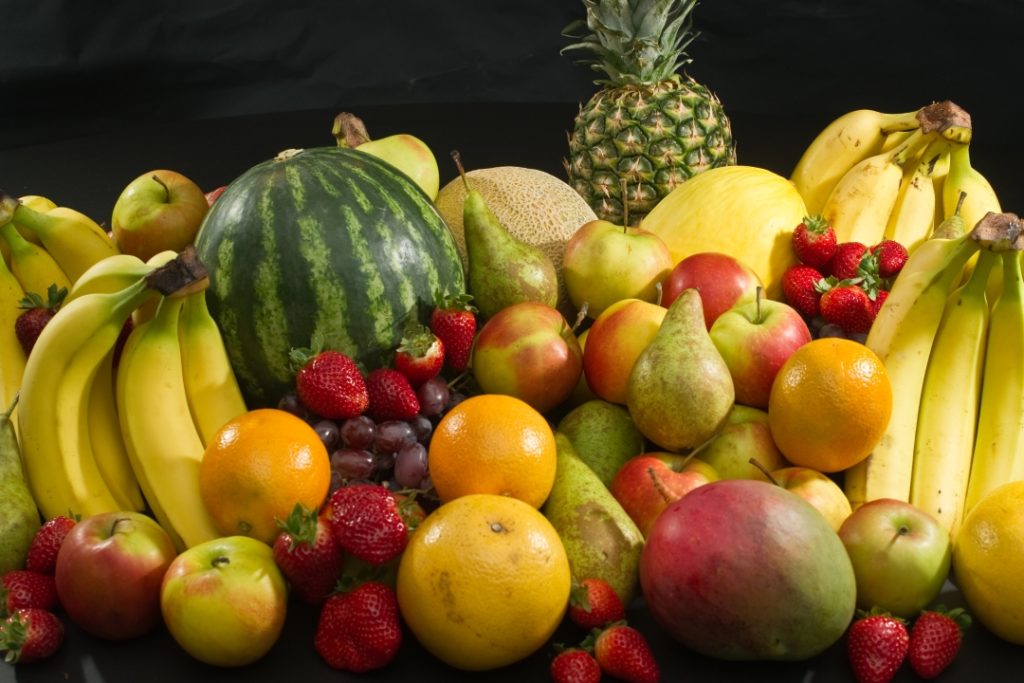
Calcium
Calcium is the base for strong bones and teeth. It also supports proper function of blood vessels, muscles, nerves and hormones. It is important for muscle functioning, blood clotting, blood pressure regulation, etc.Requirement: Our body requires 800-1300mg of calcium every day, out of which 99% of calcium is stored in teeth and bones.
Deficiency: The calcium deficiency for long term can lead to decreased bone mineral density (osteopenia) and if untreated, it can lead to Osteoporosis.
Overdose: Excess calcium levels in the blood leads to hypercalcemia and can also lead to poor kidney functioning. Hypercalcemia makes us feel fatigue, nausea, lethargy, bone pain and depression.
Sources: Milk, yogurt, cheese, green leafy vegetables, nuts like almonds, seeds, beetroot, soy, green peas, cereals, etc.
Iron
Iron is essential for proper functioning of immune system. It carries oxygen throughout the body combining with hemoglobin. This mineral converts blood sugar into energy.Requirement: The daily requirement of Iron in our body is around 10mg to 18mg. 70% of iron in our body is stored in hemoglobin and 26% of it is stored in liver, spleen and bones.
Deficiency: Low intake of iron leads to anemia. Our body loses iron through urination, sweating, bleeding and other possible ways. This deficiency leads to reduced red blood cell count and decreased oxygen transport in the body. Anemia makes us feel weak and fatigue which results in lack of concentration.
Overdose:Excess amounts of iron leads to iron overload in the body. It affects functioning of vital organs such as liver and heart. This can happen because of genetic disorder or multiple blood transfusions or supplement overdose.
Sources: Grains, eggs, dry fruits, red meat, green leafy vegetables, beans, cumin, asparagus, olives, tomatoes, fish, shrimp, etc. are the iron rich foods.